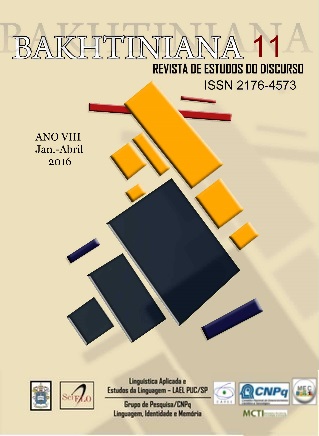Bakhtin and Benjamin: On Goethe and Other Matters
Mots-clés :
Experience, Destiny, Language, Mysticism, MaterialismRésumé
This article re-examines the affinities and differences between the thought of Bakhtin and Benjamin. Both are important to that branch of contemporary philosophy which analyzes the destinies of the 20th century and belong to the present-day post-secular epoch. Both understand our world by reviewing our lived experiences, to find elements that help us evaluate it and provide an orientation for our present situation. There are similarities in the reception of their ideas. In Latin America, Bakhtin and Benjamin are frequently interpreted in a political sense and serve as a basis for thinking about historical events and the facts of contemporary culture. The works of Benjamin are more frequently published, disseminated, and commented upon than those of Bakhtin. The main focus of this article is to study how Goethe served as a catalyst or pivot for the particular illuminations of both thinkers. In this perspective, Bakhtin and Benjamin are seen as two communicating vessels, despite their differences on questions of language, the role that Kant plays in their thinking, or the texts that interested them. Bakhtin’s materialistic conception of language is quite opposed to the messianic mysticism of Benjamin.
Statistiques
Téléchargements
Publié-e
Comment citer
Numéro
Rubrique
Licence
Les auteurs concèdent à la revue tous les droits d’auteurs en ce qui concernent les travaux publiés. Les concepts émis dans les articles signés sont d’absolue et exclusive responsabilité de leurs auteurs.








